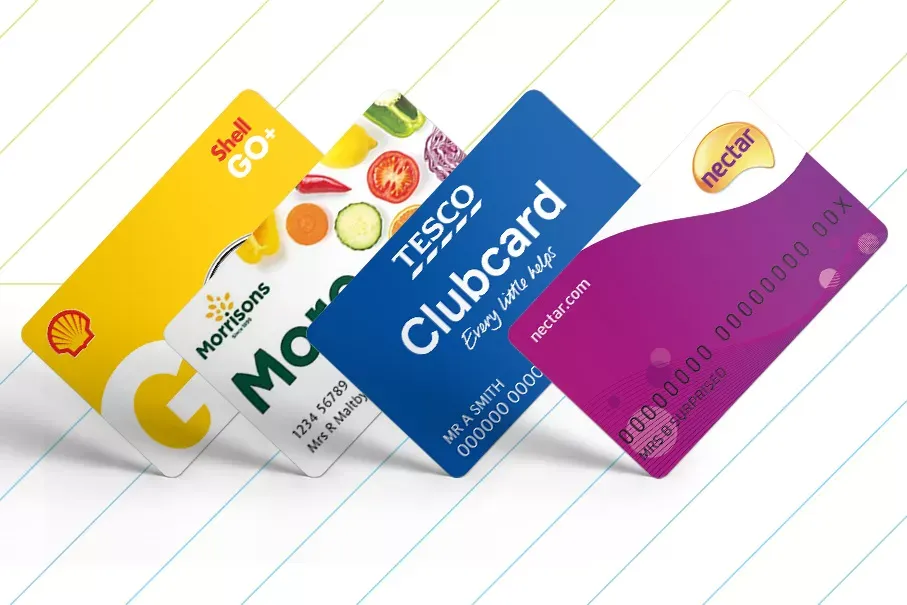
The spring Budget freeze on fuel duty signals a first step towards operating cost stability and paves the way for green shoots of economic growth. Fleet managers’ frustrations at wildly fluctuating pump prices were eased by the Government’s pledge to scrap a scheduled 5p per litre rise and a further inflationary increase scheduled for later this year.
The Chancellor’s U-turn in favour of an approach that balances the need for growth with financial prudence, will have an instant stabilising effect on the UK’s logistics and transport operators. Finance teams will be better able to forward plan fuel budgets, forecast operational costs and potentially even set money aside for growing the business and implementing green measures.
The one-year duty freeze follows February – the biggest monthly rise in fuel prices for five months – and is viewed as a financial pick-me-up for a fleet sector facing the diverse pressures of operating in a turbulent economic climate.
Demanding a level playing field
Volatility is a constant backdrop. This has led to growing calls from individual drivers, fleet managers and small business owners battling to contain rising costs for a fairer, more stable and predictable market that allows them to plan ahead. And while the duty freeze is further good news for fuelGenie business fuel card holders, already paying an average of 3p per litre less than the national forecourt average, it has wider positive knock-on effects too.
Businesses will now feel more reassured about their outgoings which will act as a kick-start for greater investment. This will in turn benefit the economy by giving consumers greater spending power – a positive circle starting at the pumps. Individual drivers would see less of their money being consumed by fuel costs while firms reliant on petrol and diesel would benefit from less unpredictable expenses so they can plan and reinvest saving on their teams.
Despite the spring Budget announcement, the UK still has some of the highest petrol and diesel duties across Europe – a fact fuelGenie’s Merchant Network Director Tony Burgess insists needs to change. “To improve the UK's competitive positioning and support motorists, the government should consider not only extending the current duty relief, but also aligning the UK’s fuel taxation more closely with European standards.”
Making the UK an attractive option for EU business
If the government took note, this would send a powerful message to EU businesses that the UK is a key strategic – and financially attractive – location to base their operational hubs in the future, providing a major boost to the economy in the process. Tony adds: “Stability and predictability in pricing are the key to growth. Creating such a market would empower consumers and businesses alike to futureproof their plans without the looming threat of sudden and sharp increases in fuel costs.”
A fuelGenie membership will become an even more attractive proposition following Chancellor Jeremy Hunt’s announcement. The Government’s stance in an election year is of course strategic. Upsetting drivers and businesses is a guaranteed turn-off at the ballot box.
But the Conservative pledge to reach net zero by 2050 will mean a detailed review of taxes on motoring, with analysts suggesting it may be just a temporary reprieve until March 2025. Conversely, there’s a compelling argument that the freeze will cut inflation, increase public spending on products, in turn supporting fleet operators as they strive to reduce overheads while transitioning to EVs to meet the green target.
What the motoring watchdogs say
We are joined by a raft of leading motoring bodies in welcoming the freeze which effectively represents around an 8p per litre saving for fuelGenie members.
The RAC’s head of policy, Simon Williams, says: “While it’s good news, we don’t believe drivers have fully benefited from the cut introduced two years ago due to retailers upping margins to cover their ‘increased costs’. This has meant fuel prices have been higher than they would otherwise have been. It’s also still the case that drivers are once again enduring rising prices at the pumps, sparked by the oil price going up – the average cost of a litre is already up by more than 4p since the start of the year.”
The developments are even better news for businesses subscribed to fuelGenie, whose drivers have enjoyed below average priced fuel, loyalty points and savings on staff time thanks to their handy account management system.
Tony insists any reversal of the freeze by this, or future governments would be a retrograde step. “It may be too early to tell what lies ahead for the UK fuel market, but the current course suggests we may be heading in the right direction.”


